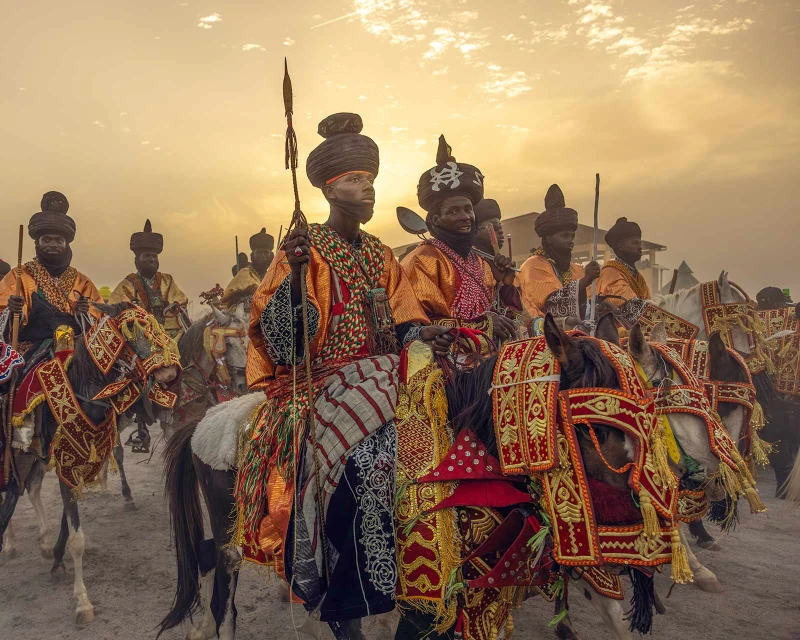
Nigeria’s Grand Durbar now a UNESCO Cultural Heritage
Nigeria’s Kano Grand Durbar has officially been inscribed into UNESCO’s Representative List of the Intangible Cultural Heritage of Humanity. This landmark decision was announced during the 19th Session of the Intergovernmental Committee for the Safeguarding of the Intangible Cultural Heritage.
Preserving humanity’s intangible legacy
UNESCO’s Intangible Cultural Heritage List aims to celebrate and safeguard living traditions, knowledge, and practices that communities worldwide pass down through generations. The list highlights cultural expressions that encourage human creativity, strengthen social cohesion, and promote mutual respect among cultures. By adding the Grand Durbar to its catalogue, UNESCO acknowledges the festival’s cultural and historical significance.
The session in Paraguay, chaired by H.E. Ms. Nancy Ovelar de Gorostiaga, brought together representatives from around the globe to evaluate nominations for inclusion in this esteemed register.
RELATED: Qatar Travel Mart 2024 shows Qatar’s Vision for the Future
The grandeur of Kano’s Durbar festival
The Kano Grand Durbar is a centuries-old celebration steeped in history and tradition. Held biannually during the Islamic holidays of Eid al-Fitr and Eid al-Adha, this event transforms the city of Kano into a colourful scene. The festival’s origins date back to pre-colonial times and serves as a demonstration of unity, power, and cultural pride within the Emirate system.
At the heart of the Durbar is a spectacular parade featuring a fleet of horse riders adorned in elaborate regalia. The Emir of Kano leads the procession, accompanied by nobles, musicians, dancers, and religious leaders. Intricately decorated horses with jingling ornaments trot through Kano’s streets, while traditional drummers and trumpeters provide an electrifying soundtrack.
The Durbar’s inclusive spirit attracts a wide array of participants and spectators, from dignitaries and diplomats to locals and tourists. It is a grand display of hospitality, culture, and unity, with communal prayers, music, storytelling, and vibrant social gatherings rounding out the celebration.
RELATED: How to turn 2025 Nigerian public holidays into longer trips
A new chapter for Nigeria’s cultural heritage
The UNESCO recognition marks a pivotal moment for the Grand Durbar and Nigeria’s cultural tourism sector. It elevates the festival’s profile on a global stage.
For Kano, this acknowledgement underscores the city’s role as a cultural beacon and a repository of Nigeria’s historical wealth. It is expected to boost tourism, drawing visitors eager to witness the grandeur and authenticity of the event.









Leave a Reply